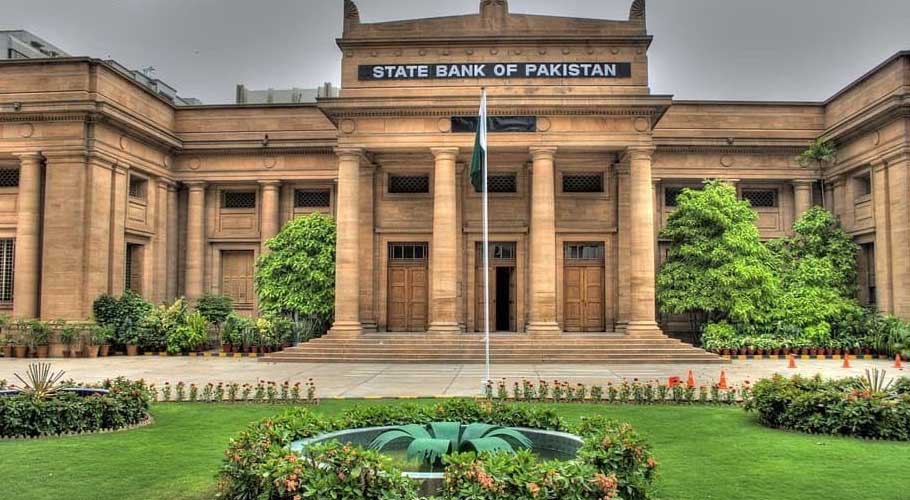KARACHI: The State Bank of Pakistan (SBP) on Tuesday raised its benchmark interest rate by 100 basis points to 9.75 per cent as it grapples with surging inflation and dull economic activity, and the emergence of a new COVID-19 variant – Omicron.
This was the first monetary policy meeting after Pakistan reached a staff-level agreement with the International Monetary Fund (IMF) for the sixth review on November 22, 2021.
Moreover, last month, the central bank announced that it is increasing the total number of monetary policy meetings from six per year to eight. Today’s meeting tomorrow is one of the two additional meetings.
“Given rate increases since September and outlook, the Monetary Policy Committee (MPC) felt that the end goal of mildly positive real interest rates on a forward-looking basis was now close to being achieved,” the central bank said after the meeting.
2/2 Given rate increases since Sept and outlook, the MPC felt that the end goal of mildly positive real interest rates on a forward-looking basis was now close to being achieved. Looking ahead, monetary policy settings are expected to remain broadly unchanged in the near-term.
— SBP (@StateBank_Pak) December 14, 2021
Hinting towards the next Monetary Policy Committee (MPC) meeting scheduled to be held on January 24, the State Bank of Pakistan (SBP) said that “looking ahead, monetary policy settings are expected to remain broadly unchanged in the near-term”.
The SBP said that since the last meeting in November, indicators of activity had remained “robust” while inflation and the trade deficit had risen further due to high global prices and domestic economic growth.
“In November, headline inflation increased to 11.5pc year-on-year. Core inflation in urban and rural areas also rose to 7.6 and 8.2pc, respectively, reflecting domestic demand growth,” it added.
The bank further said, “On the external side, despite record exports, high global commodity prices contributed to a significant increase in the import bill. As a result, the November trade deficit rose to $5 billion based on Pakistan Bureau of Statistics data.”
The MPC noted that recent data releases confirm that the emphasis of monetary policy on moderating inflation and the current account deficit remains “appropriate”, the statement said.
In reaching its decision, the MPC considered key trends and prospects in the real, external and fiscal sectors, and the resulting outlook for monetary conditions and inflation, the statement added.
It is pertinent to mention here that the interest rate is a tool available with the central bank to control inflation, do away with the unnecessary rupee movement and give a direction to the national economy.



































